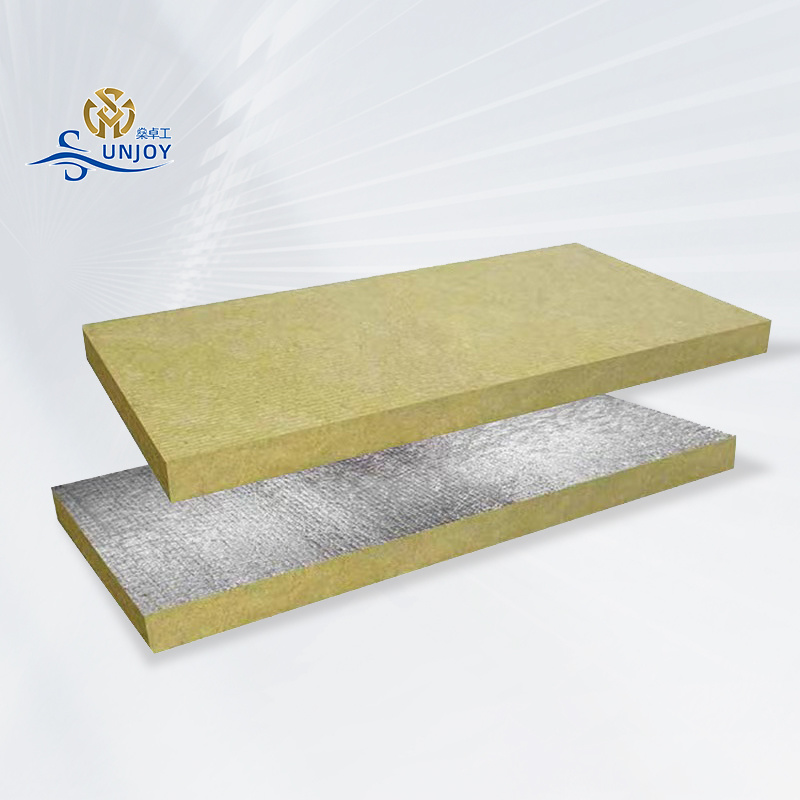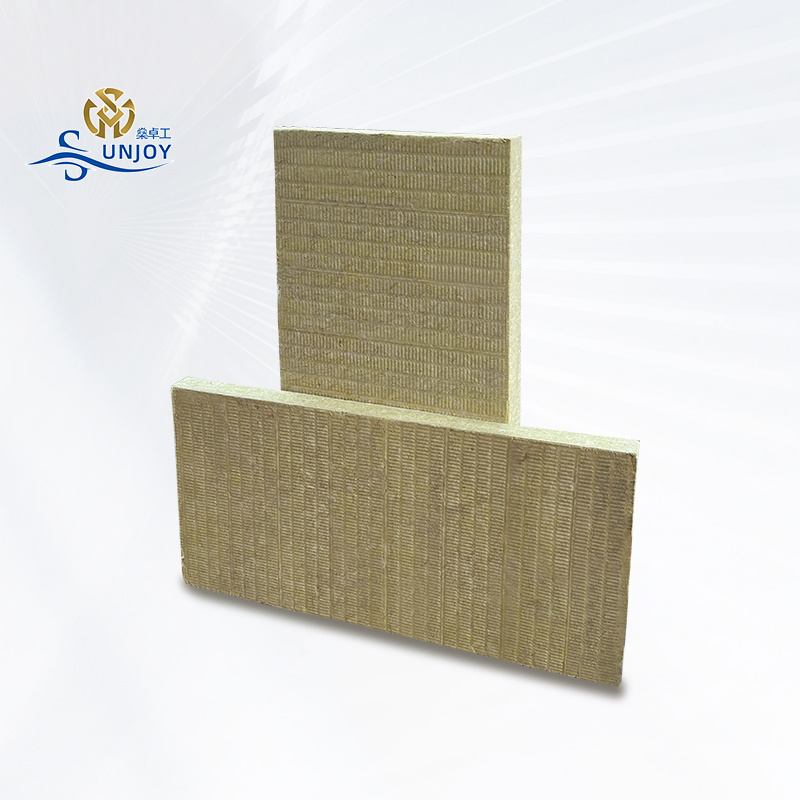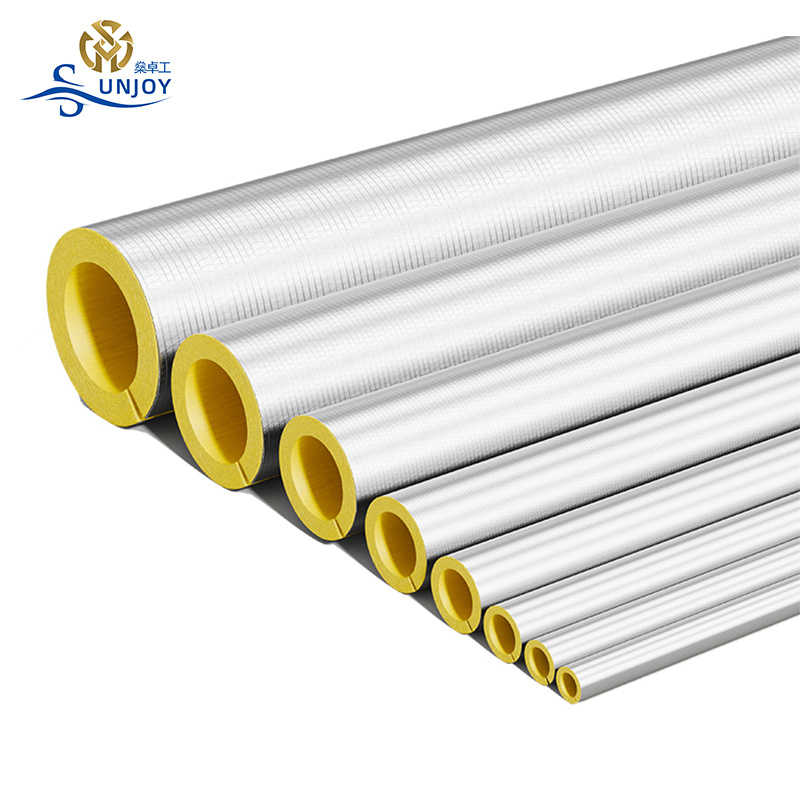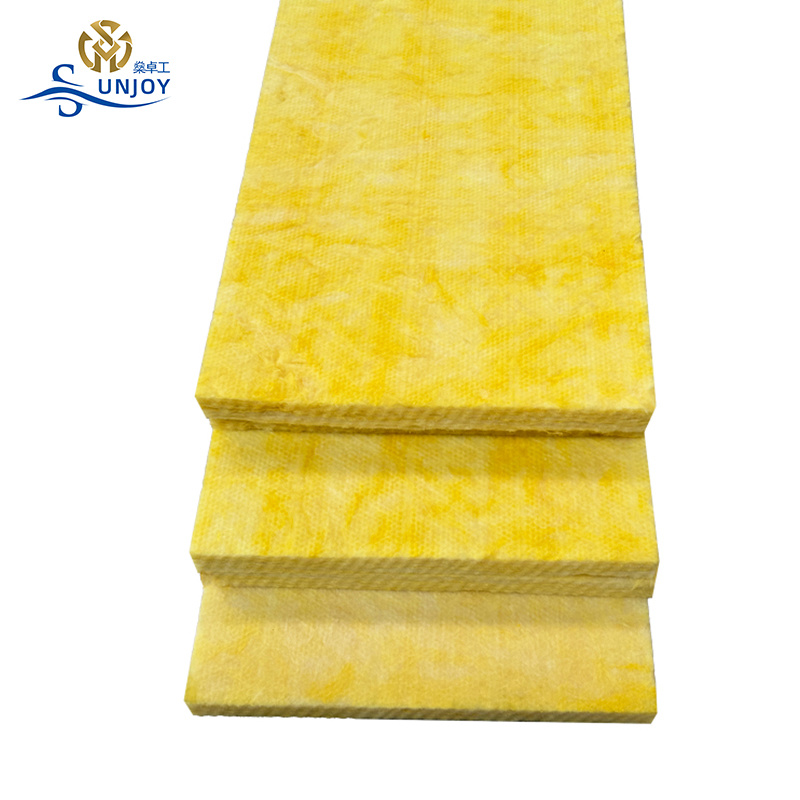









Ceramic Fiber Board: The Unsung Hero in High-Temperature Zones – Performance That Delivers!
Hey everyone! In the world of industrial materials, finding something that can truly withstand intense heat while being lightweight and practical is a constant challenge. Today, let's dive into ceramic fiber board – this unsung workhorse – and see why it's become indispensable in those fiery environments like steel mills and chemical plants.
Product Introduction
Ceramic fiber board is vacuum-formed from high-purity alumino-silicate fibers bonded with inorganic binders, yielding a rigid, smooth-faced slab of 280–400 kg/m³ density. Rated for continuous use at 1 000 °C and short-term exposure up to 1 260 °C, it offers low thermal conductivity (0.12 W/(m·K) at 600 °C), minimal heat storage, and excellent thermal-shock resistance. Ideal for high-temperature backup insulation, linings, and gasketing in metallurgy, petrochemicals, and power generation.
Product Performance
☆High-purity alumino-silicate fiber
☆Vacuum-formed with inorganic binder
☆Density 280–400 kg/m³
☆Smooth, rigid surface
☆Continuous use 1 000 °C; peak 1 260 °C
☆Low thermal conductivity 0.12 W/(m·K) 600 °C
☆Low heat storage, thermal-shock resistant

Product Specification
| ltem | Unit | Index |
| Density | kg/m3 | 280/300 |
| Thickness | mm | 25/50 |
| Length | mm | 600/900/1000/1200 |
| Width | 400/600/900/1000 |
1260 ceramic fiberboard has high heat resistance. The technical data of the fire-resistant ceramic fiberboard is as follows:
We can provide 1000, 1260, 1360, and 1430 ceramic fiberboards.
Product Technical Data
| Description | COM | STD | HP | HA | HA | |
| Classification Temperature(℃) | 1000 | 1260 | 1260 | 1360 | 1430 | |
| Working Temperature (℃) | <1000 | 1050 | 1100 | 1200 | 1350 | |
| Color | white | white | white | white | white | |
| Density(kg/m3) | 96-128 | 96-128 | 96-128 | 128-160 | 128-160 | |
| Shrinkage(%)of heating 24hours | -4 | -3 | -3 | -3 | -3 | |
| (as density 128 kg/m3) | (1000°C) | (1000°C) | (1000°C) | (1250°C) | (1350°C) | |
| Thermalconductivity(wm.k) (Density128 kgs/ m3) | 0.09(400°C) | 0.09(400°C) | 0.09(400°C) | 0.12(600°C) | 0.16(800°C) | |
| 0.16(800°C) | 0.16(800°C) | 0.20(1000°C) | 0.20(1000°C) | |||
| Tensile strength (MPa) | 0.04 | 0.04 | 0.04 | 0.04 | 0.04 | |
| (density as 128kg/m3) | ||||||
| Chemical composition % | AL2O3 | 44 | 46 | 47-49 | 52-55 | 39-40 |
| AL2O3 & SIO2 | 96 | 97 | 99 | - | - | |
| AL2O3 & SIO2& ZrO2 | - | - | - | 99 | 99 | |
| ZrO2 | - | - | 15-17 | 15-17 | ||
| Fe2O3 | <1.0 | <1.0 | 0.2 | 0.2 | 0.2 | |
| Na2O & K2O | ≤0.5 | ≤0.5 | 0.2 | 0.2 | 0.2 | |
1. Core Material: Stone Transformed into "Thermal Armor"
The name "ceramic fiber board" hints at its origins. This isn't your everyday pottery clay. It starts with carefully selected natural inorganic minerals like kaolin or alumina oxides – stuff known for incredible heat resistance. Imagine melting these rocks down into a molten "lava" state in a high-temperature electric arc furnace. Then, through specialized spinning or blowing processes, this lava is instantly drawn into incredibly fine, cotton-soft fibers. But that's not the end! These fibers undergo a wet-process vacuum forming technique. Eco-friendly binders are added, and under high pressure, the mixture is "shaped." Finally, precise drying and heat treatment transform it into the structurally stable, strong boards we use. Simply put, it's the result of millions of super-fine ceramic fibers densely packed and "holding together."
2. Performance Highlights: The "All-Rounder" for Hot Jobs
Exceptional Heat Resistance (The Core Strength): This is ceramic fiber board's bread and butter! Depending on its formulation, it reliably withstands continuous operating temperatures from 1000°C up to 1400°C and beyond. It also handles rapid temperature swings (thermal shock) much better than many traditional firebricks, resisting cracking and spalling.
Superior Thermal Insulation & Energy Saving: Think trapped air! The intricate web of countless tiny fibers creates a vast network of micro-pores. This structure dramatically hinders heat flow, giving it a very low thermal conductivity. The result? You achieve outstanding insulation with relatively thin layers, significantly cutting heat loss and saving serious money on energy costs.
Lightweight Yet Sturdy, Easy to Work With: Compared to heavy firebricks, ceramic fiber board feels almost feather-light (typical density around 230-400 kg/m³). But don't underestimate it! The high-pressure forming process gives it good compressive and flexural strength. It resists crumbling, making cutting, drilling, and installation far easier and faster. This means less labor for crews and less load on support structures.
Chemical Stability & Long Lifespan: Apart from strong alkalis and hydrofluoric acid, it holds up well against most chemicals and corrosive atmospheres. It doesn't readily degrade or release significant toxic fumes at high temperatures, making it safe and environmentally sound.
Low Heat Storage, Faster Cycling: Because it's light and doesn't hold much heat itself, equipment lined with ceramic fiber board heats up and cools down much quicker. This is a major advantage for processes needing frequent door openings or rapid temperature changes, boosting overall efficiency.
Bonus: Sound Absorption: That porous structure that traps heat also does a decent job absorbing sound waves, providing a useful secondary benefit of noise reduction.
3. Where It Shines: Wherever Things Get Hot!
Thanks to this powerhouse combination of properties, ceramic fiber board is a go-to solution across countless high-heat industries:
Steel & Metal Processing: Furnace linings, backup insulation, door seals, covers for ladles/tundishes, annealing/soaking furnace linings. You'll find it wherever extreme heat and energy loss are battles to be won.
Petrochemicals: Insulation for walls in cracking furnaces, reformers, heaters; insulation for hot ducts and piping; lagging for reactors and storage tanks. Performing reliably in complex chemical environments.
Ceramics & Glass: Kiln body insulation (tunnel kilns, roller hearth kilns), glass tank furnace insulation, kiln car deck boards. Effectively reducing kiln skin loss and improving efficiency.
Heat Treatment: Linings and door seals for annealing, hardening, tempering, and carburizing furnaces, aiding precise temperature control.
Power Generation: Insulation for boilers, turbines, and other high-temperature thermal equipment.
Fire Protection: Excellent core material for fire-rated doors and partitions, providing a dependable thermal barrier.
Beyond: Insulation in lab furnaces, domestic appliances (ovens, fireplaces), and increasingly in high-heat areas of emerging sectors like renewable energy and semiconductor manufacturing.
In a Nutshell:
Ceramic fiber board, a high-performance material born from transformed natural minerals, delivers an outstanding combination of extreme heat resistance, superior insulation, lightweight ease of use, and long-term stability. It might not be the flashiest component, but it's the essential "guardian" working behind the scenes in high-temperature industrial equipment. It plays a critical role in saving energy, ensuring safety, and boosting productivity. If you're tackling insulation challenges in hot environments, ceramic fiber board is definitely worth a closer look!
PREVIOUS:
NEXT:
Keywords
1260c 75mm Ceramic Fiber Board










CONTACT US
Classification
Get A Quote
Note: Please leave your contact information and our professionals will contact you as soon as possible!





